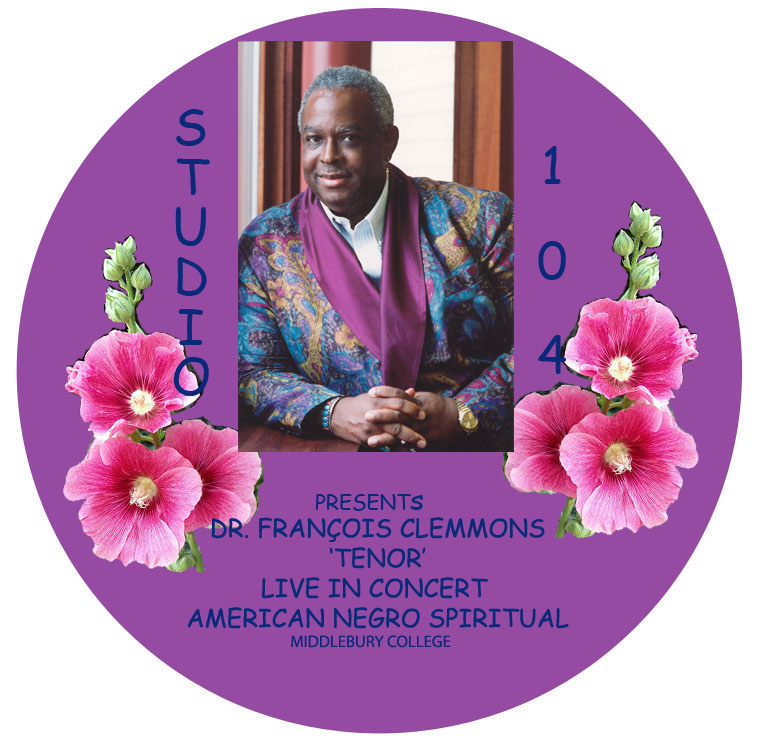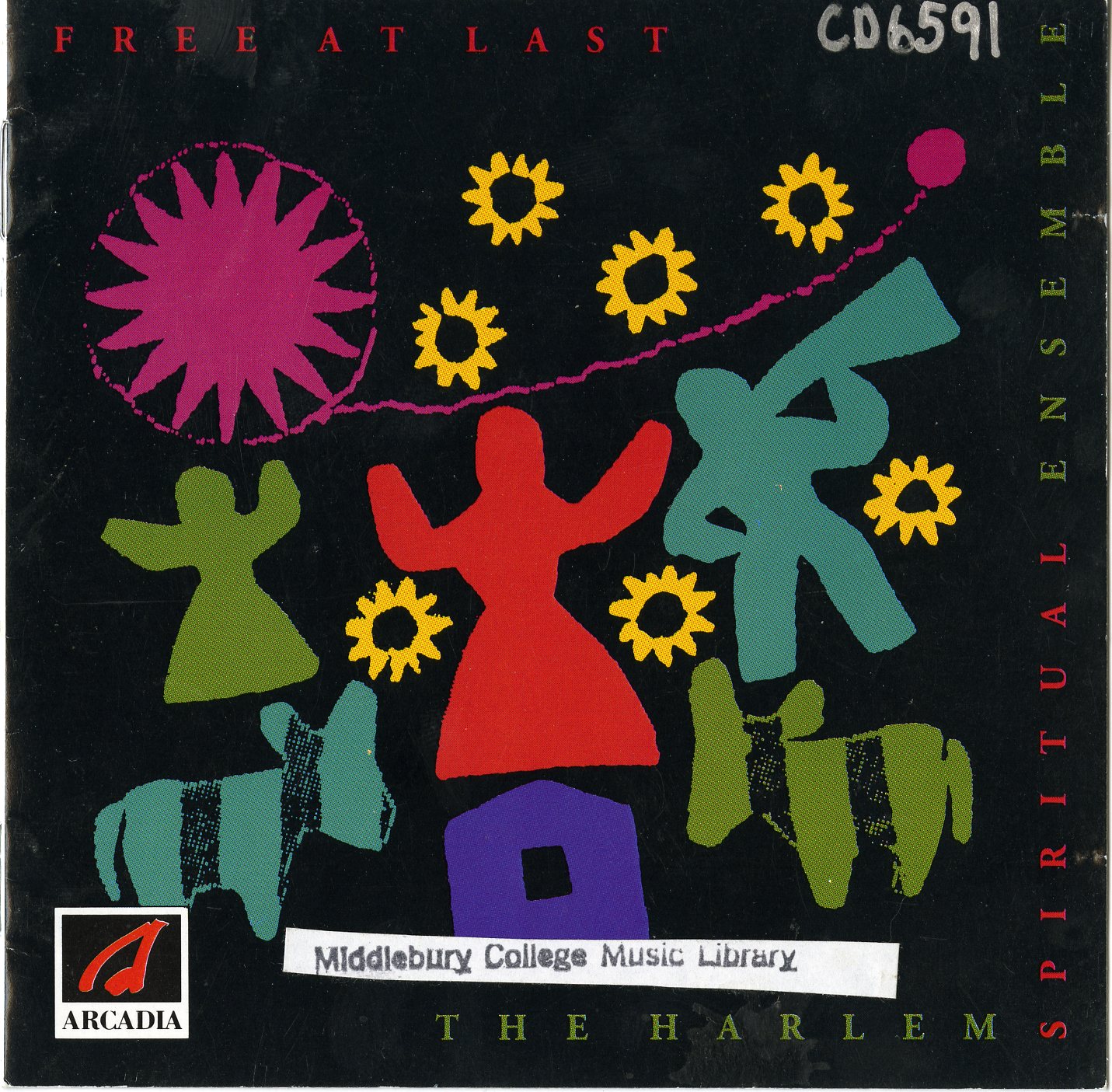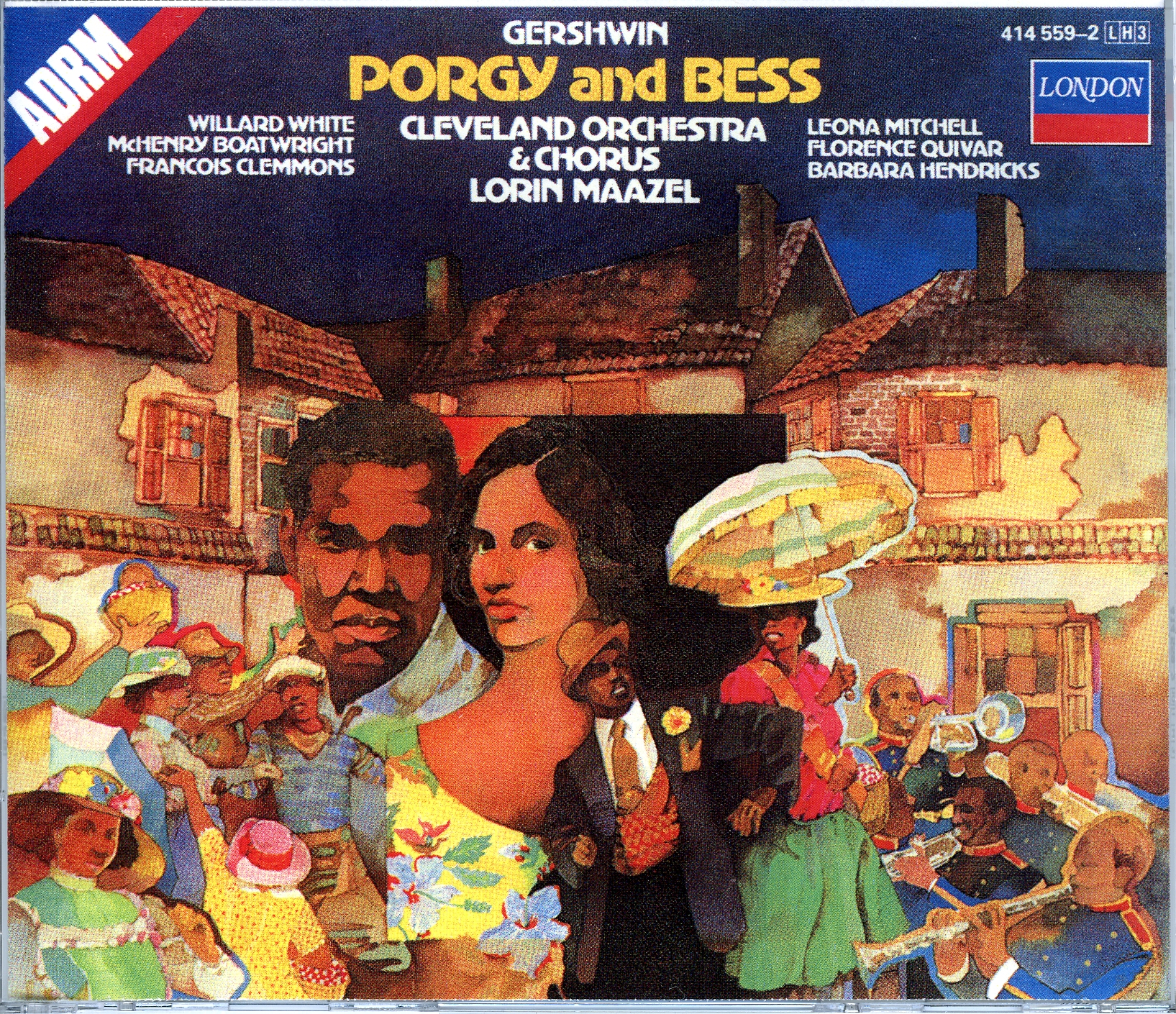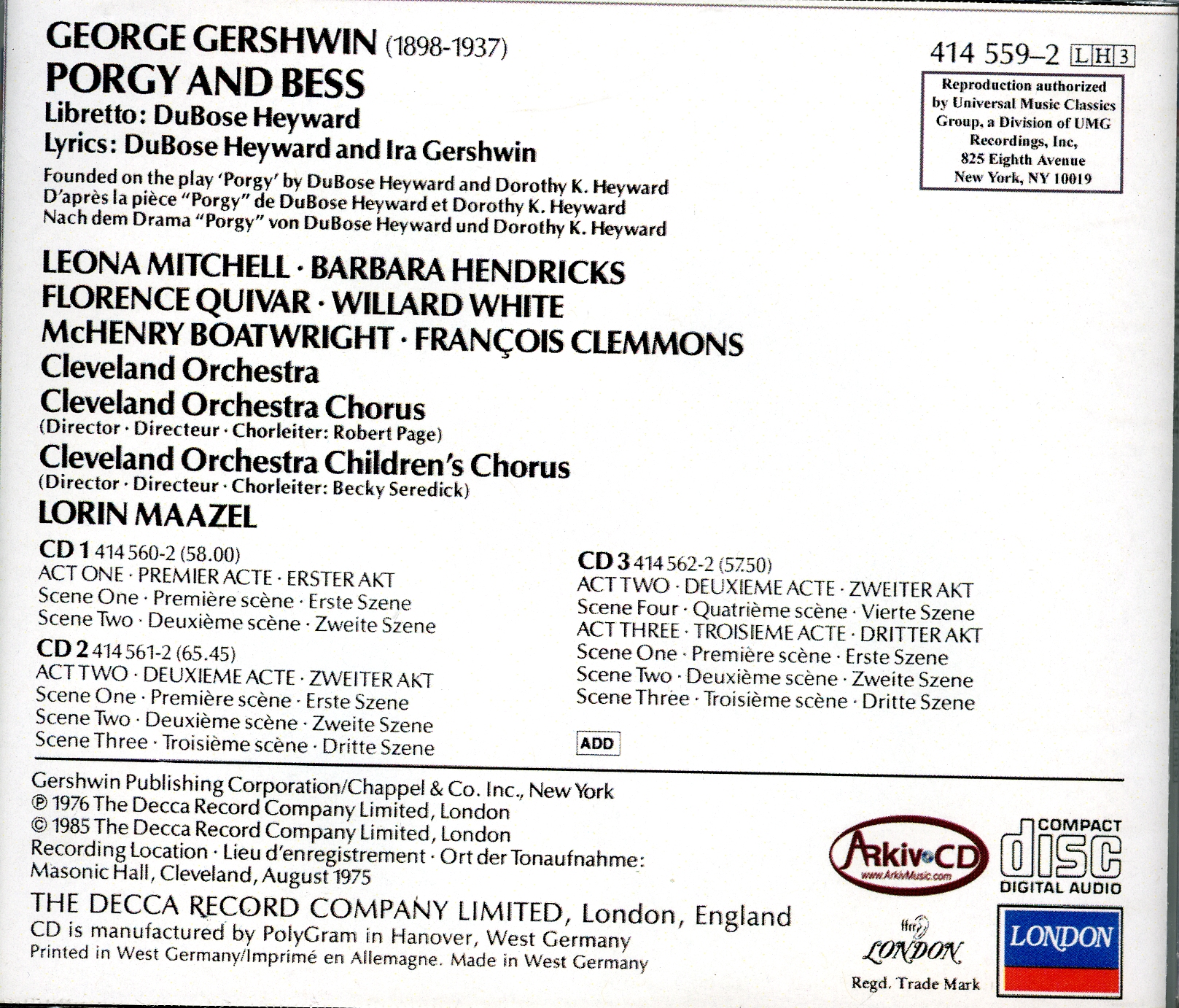Untitled
Dr. François Clemmons Live in Concert!
Tenor
Negro Spirituals
The American Negro Spiritual has always been at its best in its simplest presentation. The slaves sang while they worked, worshipped, grieved and played. In all instances these noble songs transcended our human conditions continually establishing our divine source. On this recording we have made every effort to sustain and reinforce this noble simplicity. Many of these arrangements are being here presented for the first time for your enjoyment and edification. We would love to have your comments and impressions after visiting this website.
Click on the links to listen
"American Negro Spiritual".
"The Harlem Spiritual Ensemble"
Standin’In De Need Of Prayer
Amen!
Aint-A-Dat Good News!

" Free At Last,The Harlem Spiritual Ensemble"
| Sisters Of Freedom A Cantata- Music By Linda Twine Track 1 Track 2 Track 3 Track 4 Track 5 Track 6 Track 7 Track 8 Track 9 Track 10 Track 11 Spirituals Ah Wanna Be Ready-Judas Wuz A Weak Man Sit Down Servant Ev’ry Time Ah Feel Duh Spirit Steal Away Cert’ny Lawd Balm In Gilead Amen Aint Gonna Let Nobody Turn Me Round |
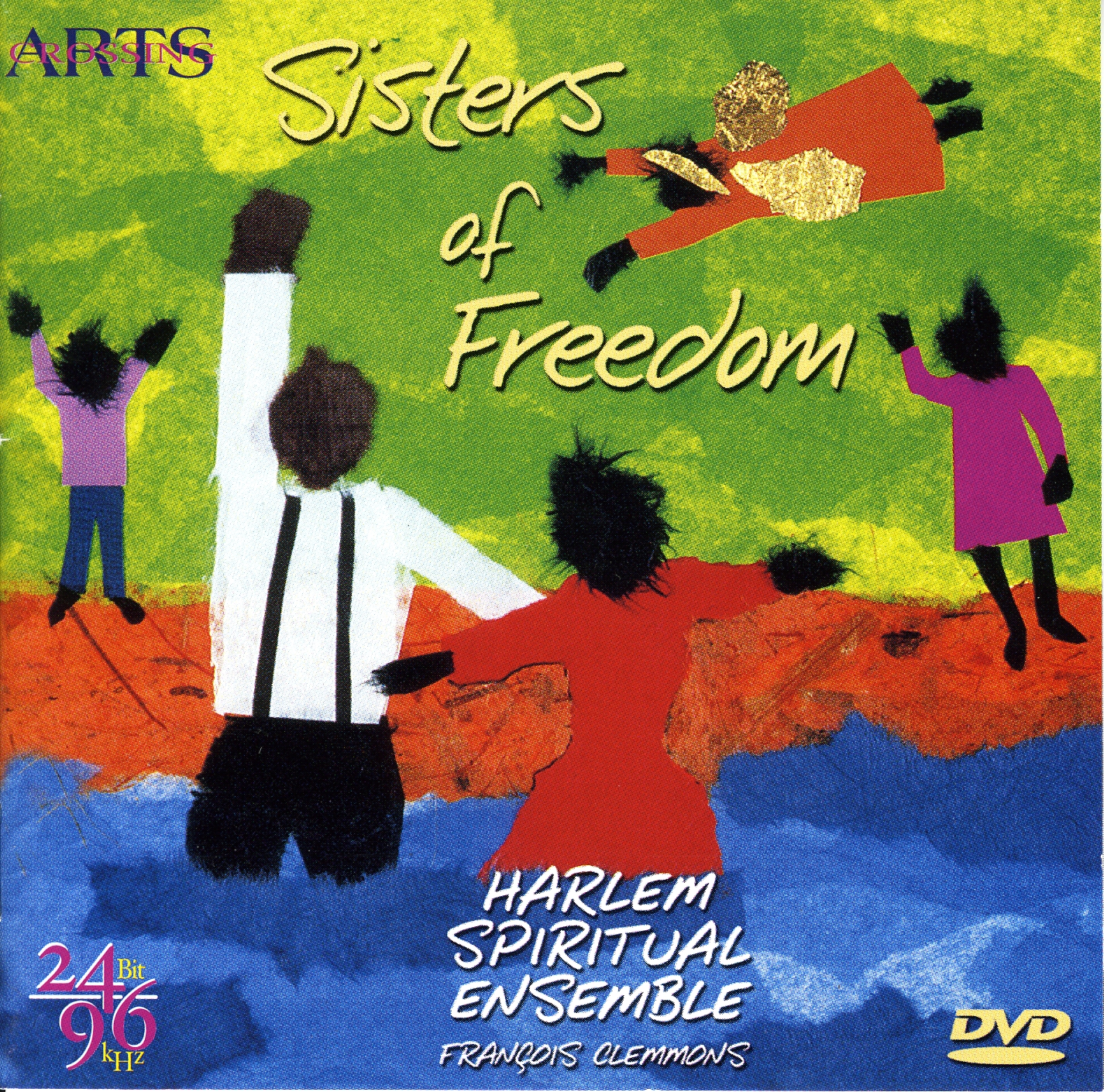 |
|
"Trapped" |
by David Budbil, A Dramatic Reading, A Rockby Museum Presentation. Ferrisburgh, Vermont.

"Journeys End"
| Track 1 Track 2 Track 3 Track 4 Track 5 Track 6 Track 7 Track 8 Track 9 Track 10 Track 11 Track 12 Track 13 Track 14 Track 15 Track 16 Track 17 Track 18 Track 19 |
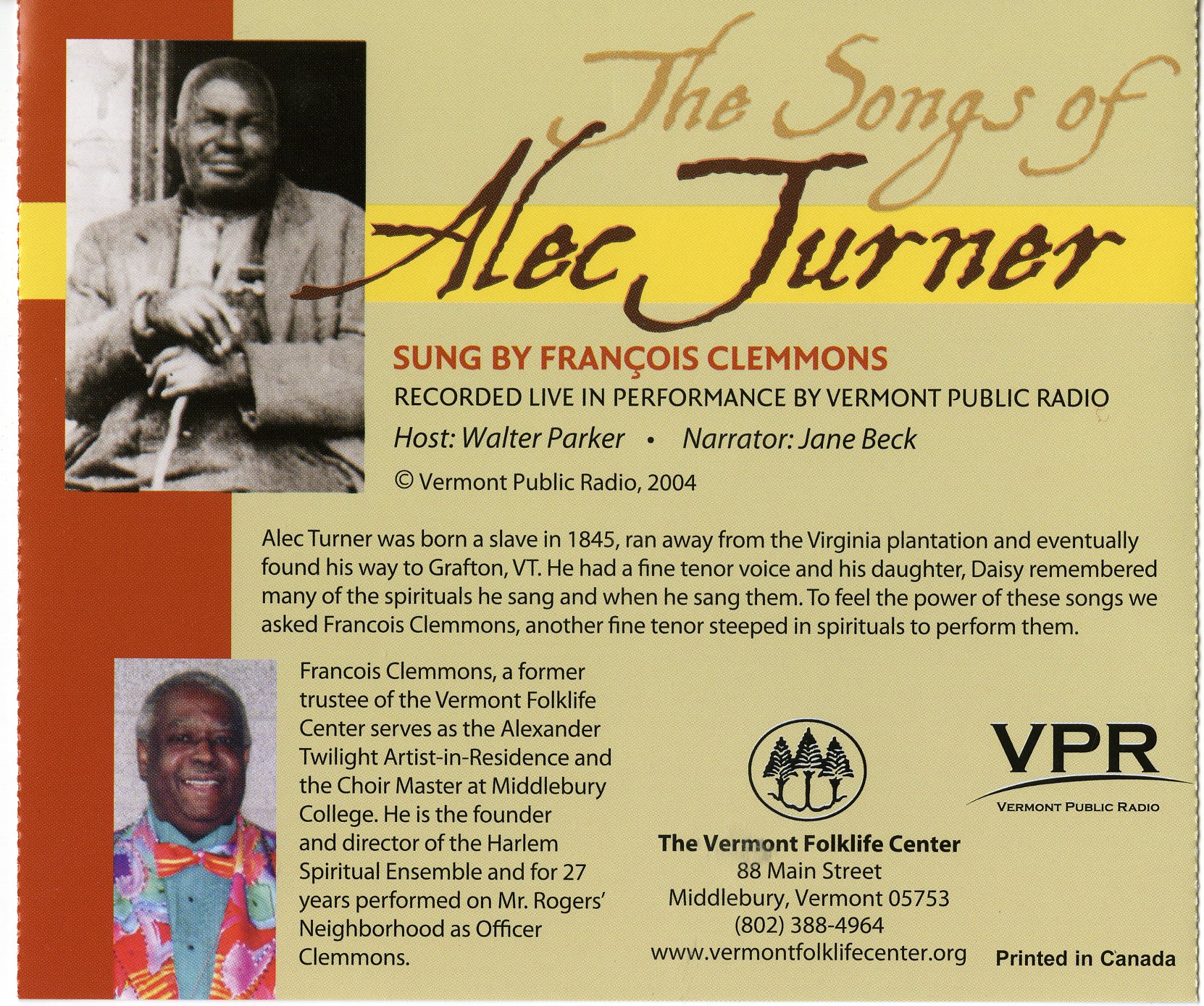
"The songs Of Alec Turner"
| Track 1 Track 2 Track 3 Track 4 |
Track5
Track 6
Track 7
Track8
Track 9
Track 10
Track11
Track12
Track 13
Track 14
Track15
Track16
Track17
Track 18
Track 19
Track20
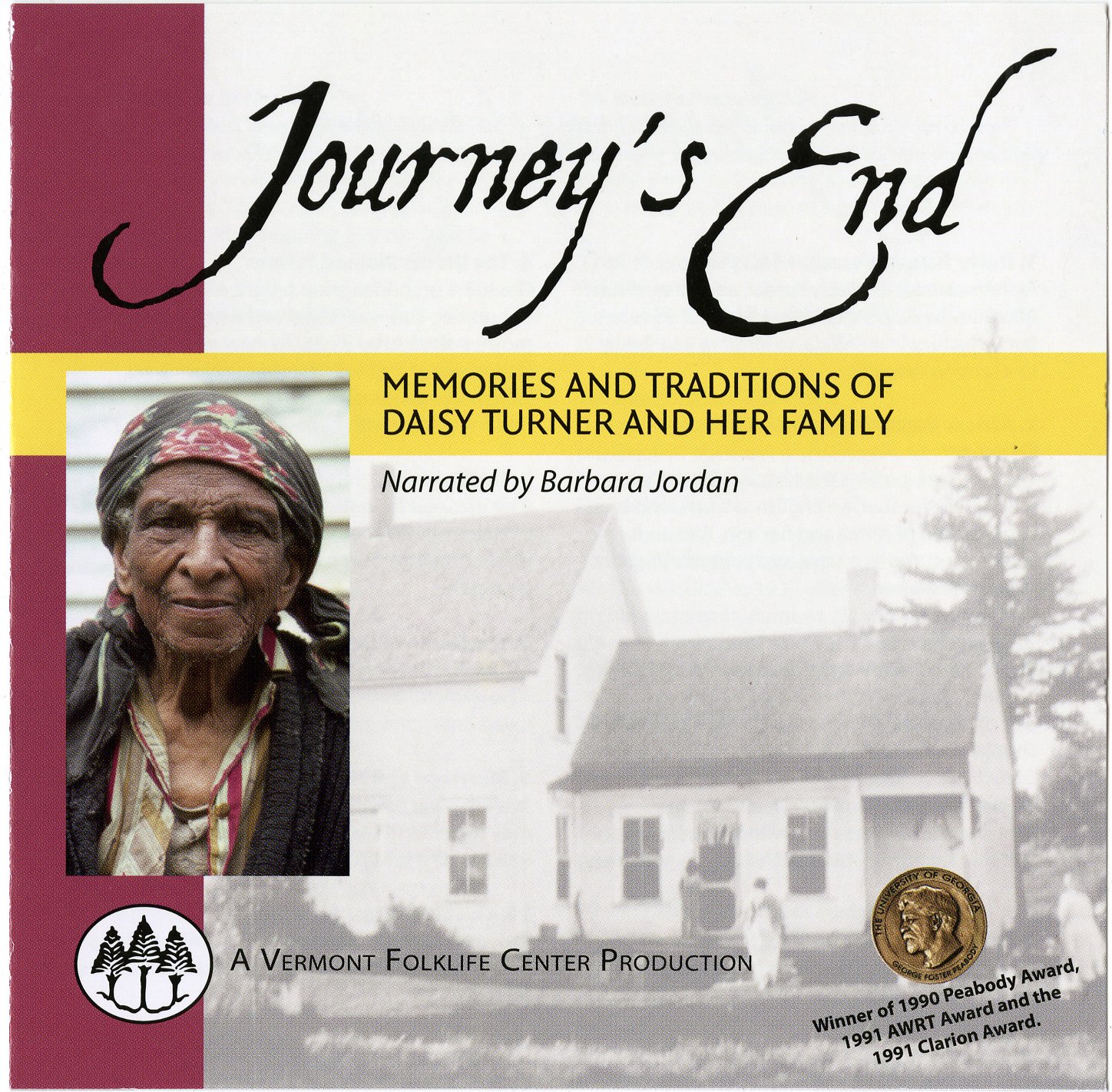
|
"The Butch Divas" |
François Clemmons
Nicholas Cloutier
Zachary Maxwell
Charles Evans
Sarah Moberg
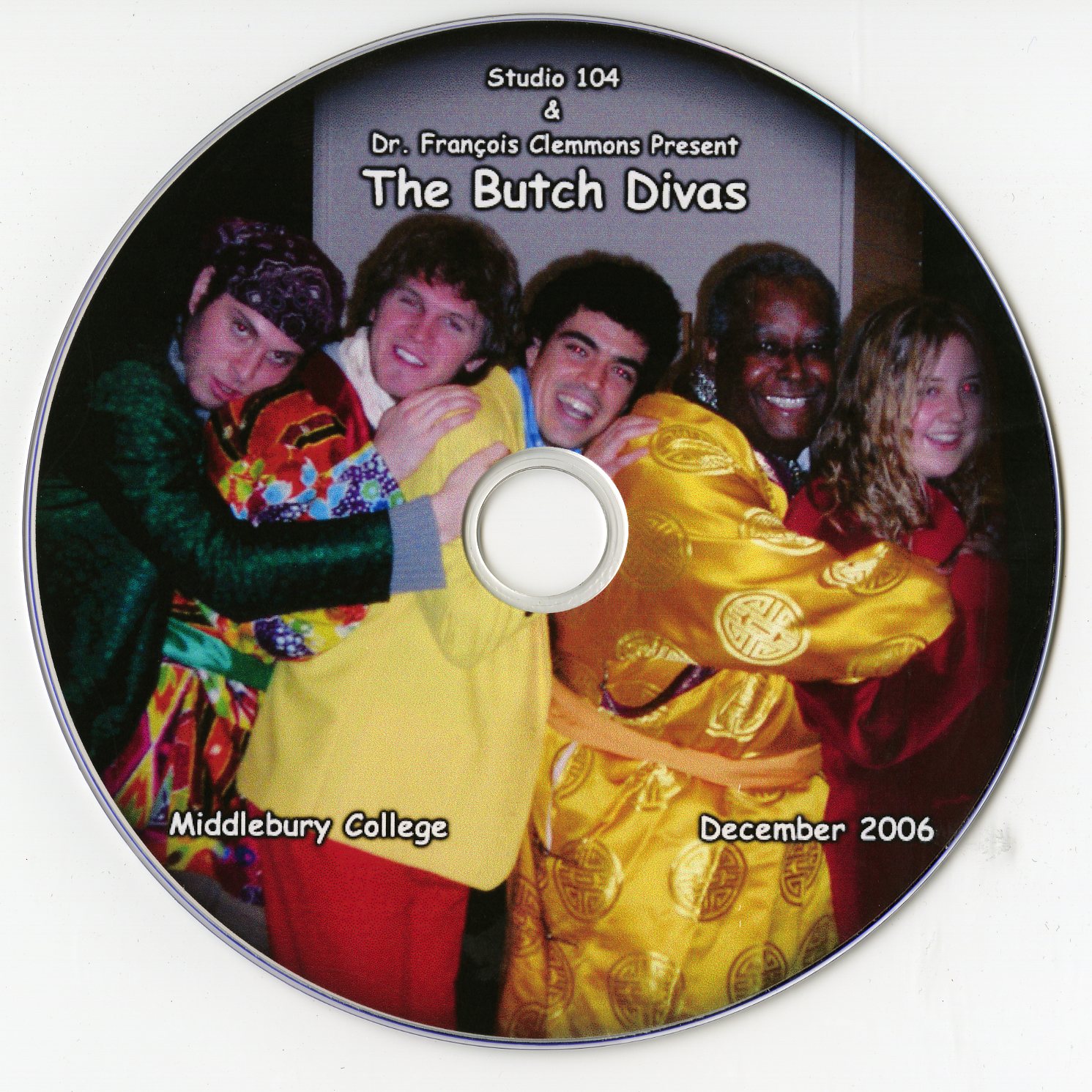
|
"Martin Luther King Jr. Prayer Break Fast" |
17th January 2005
Middlebury College
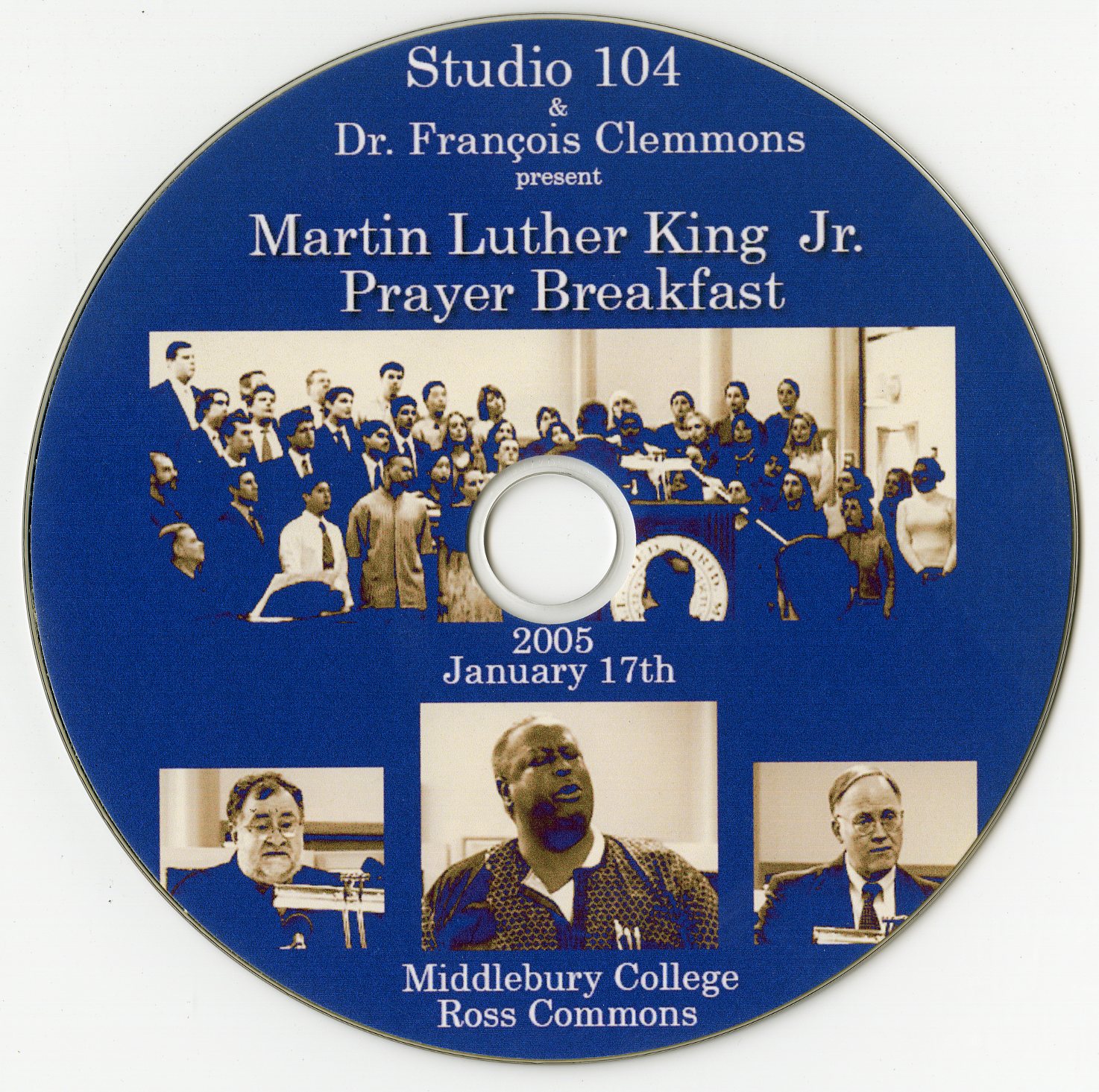
|
"J-Term Class 2004" |
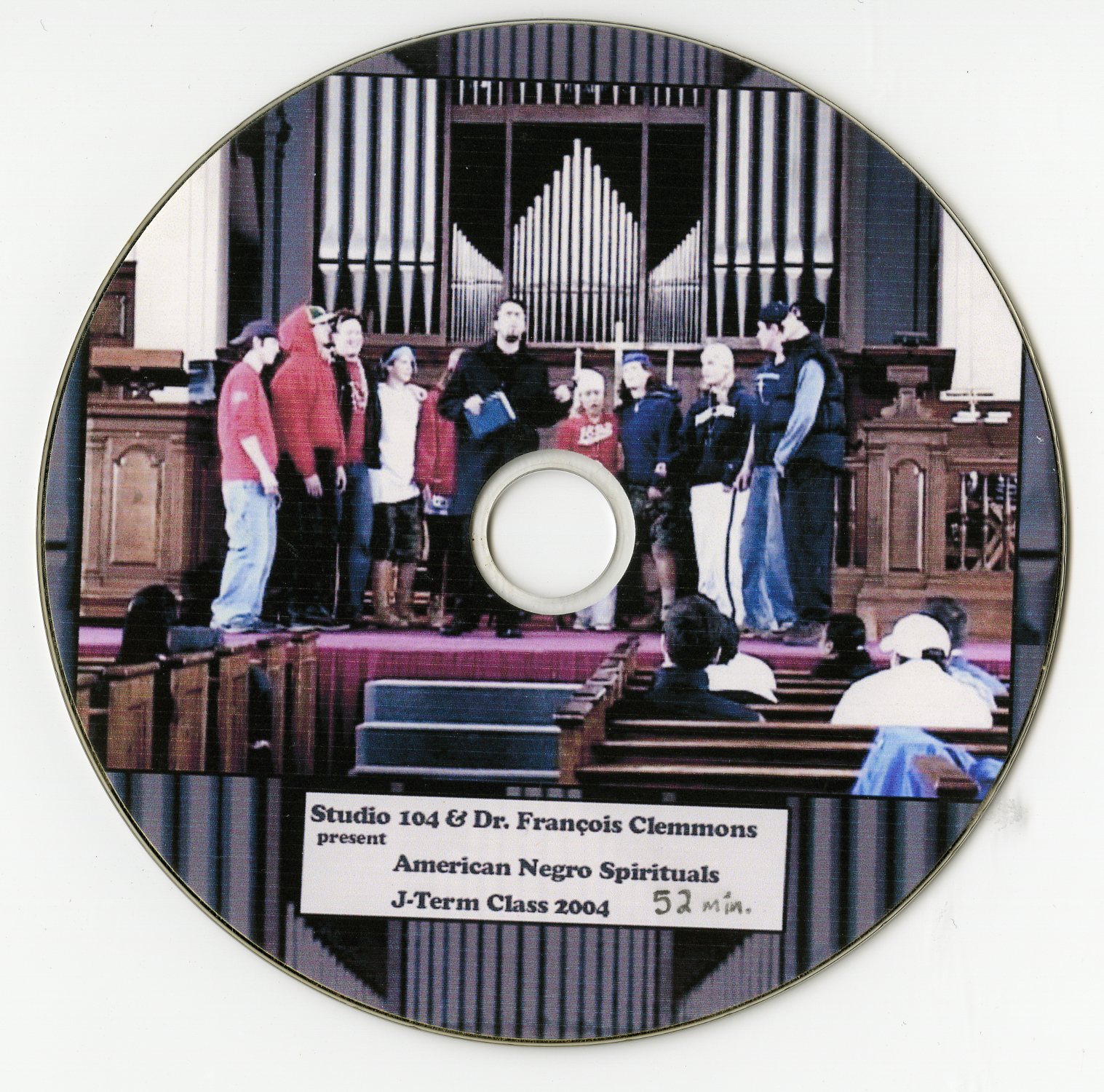
|
"J-term Class- 2007" |

|
"Celebration Of MLK’s Day-2007" |
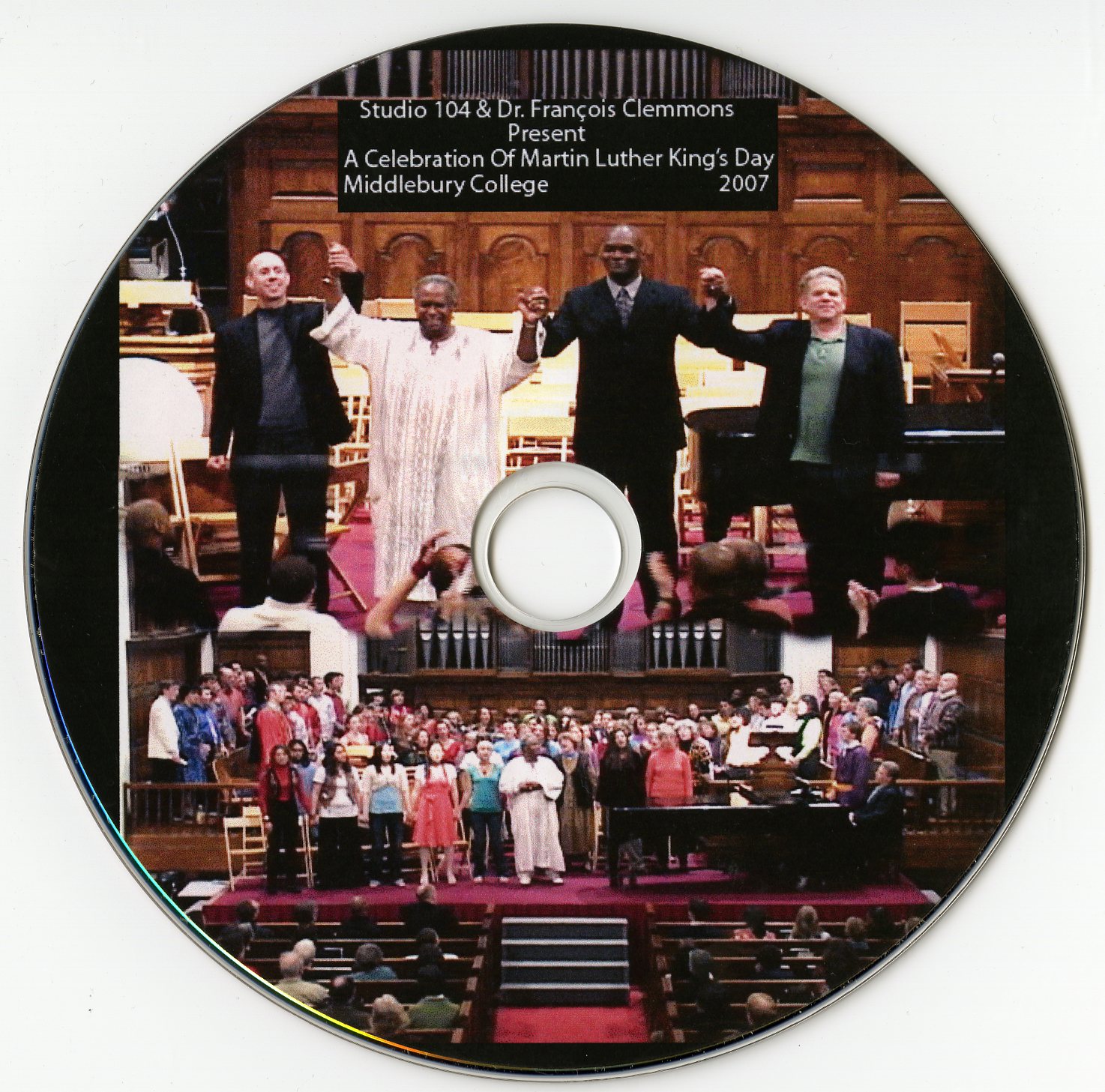
| An Italian Program, 28th July 2007, Middlebury College Track 1 Track 2 Track 3 Track 4 Track 5 Track 6 Track 7 Track 8 Track 9 Track 10 |
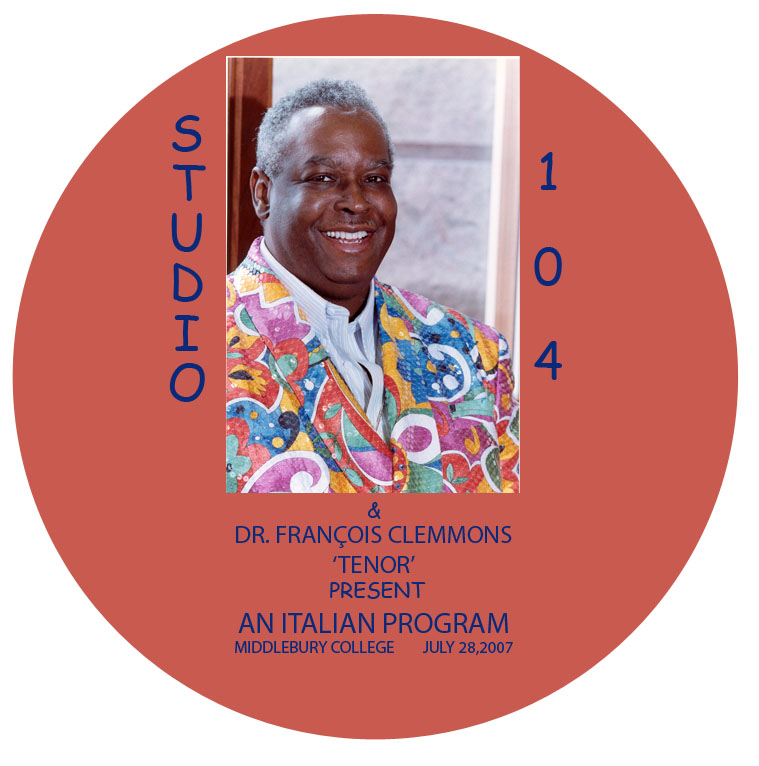 |
Songs For Today:
This new songbook contains many of the celebrated arrangements of the world renowned Harlem Spiritual Ensemble (HSE). The piano accompaniments have been especially prepared to accomodate the amateur choir, the community choir, the average church choir, small or large ensemble, as well as the professional performing ensemble. Ample room has been provided for traditional improvisations and imaginative couplings: duets, trios, quartets, etc. Many of the arrangements can be performed a capella as written without the piano accompaniment. Matters
such as repetition and drum accompaniments have been left up to the imagination and discretion of the performers. As with the Solo CD and HSE’s CD plans are in the works for a follow-up edition. Please watch this website for further information.
Roots of the Spirituals:
To the uninitiated, spirituals may easily be confused with their musical offspring: gospel music. They are, however, an art form unique unto themselves. The spirituals came into being during the pre-Civil War years in America. Not being allowed to read or write, the slaves turned to the spirituals as one of their only means of self-expression. Spirituals began in the form of hymns, as sung by the Episcopal teachers and parsons who taught the slaves their liturgy and theology. Soon these songs took on an improvisational form, as new words and rhythms were added, many from the slaves’ native Africa. Topics addressed by the spirituals were mostly rural in nature and, of course, religious. Many of these songs had themes of deliverance by God from the tortuous existence on earth and the eventual entrance into the Kingdom of Heaven. They were a source of hope and inspiration to the slaves and were generally sung with no accompanying musical instruments (except perhaps for the much dreaded and controversial drum) either outdoors in secret sacred ceremonies reminiscent of ancient African ceremonies, and in their sleeping quarters,…… and rarely in the traditional American Church. The slaves were not permitted to own property or learn to read or write. Therefore, the spirituals were, for many years, never written down, and were in the tradition of true folk music, the property of the entire community….. owned by noone….yet, an integral part of the lives of all of the slaves. As the slaves were emancipated this began to change and the newly emerged class of citizens began to attend schools, become educated, got married, and began to legally travel throughout America and the world. At the beginning of the 20th century written compositions began to emerge that were more academic and church oriented. These pieces had a definite composer and had definite musical ideas of a single composer who dictated tempo, rhythm, dynamics, harmony, etc. With the emergence of these gospel and inspirational songs, even the accompaniment was expanded to include drum sets, saxophones, fiddles, harmonicas and the like. Though gospel music may be more prevalent and well-known today, it is important not to forget the spiritual and the vital role it played, both to the people to whom it gave inspiration and hope, as well as in the development of other modern musical forms like blues and jazz.
A message from François DivaMan Clemmons:
I was 12 years old when I first saw the Otto Preminger movie version of George Gershwin’s Porgy & Bess in a small segregated theater in Youngstown, Ohio. I had no idea of the impact this musical would have on my singing career. Through the years I saw the film over a dozen times and it never failed to bring me back to what my singing was all about: maybe some Black or disadvantaged child would see me on stage as I saw Dorothy Dandridge, Sidney Poitier, Pearl Bailey, and Sammy David Jr. and say, "I can do that, too!". There weren’t very many positive images of Black people in films in those days and Otto Preminger was a pioneer in Hollywood in more ways than one. What he did for and with Black people in films is equal to what Gershwin did in the theater world. During the Harlem Renaissance and later, Gershwin and his brother Ira, brought to the attention of white, moneyed audiences the value and profound uniqueness of Black culture: Spirituals, Gospel music, blues, and jazz; all of which he used in the score of Porgy and Bess. In my opinion Gershwin is Gershwin and always will be, but he could only have done what he did because he was white. In those days most of the work of Black artists was on the chittlin’ (chitterlings=pig guts) circuit! Ninety-nine percent of Black people did not characteristically go to or perform at Carnegie Hall or with any of the major symphonies or opera companies in New York, America, or the world. The likes of Duke Ellington, Luis Armstrong, Fats Waller, and Jelly Roll Morton were laying down their legacy for future generations but primarily for a Black audience. The exceptions were when they went to places like the Cotton Club in Harlem or the Ritz where Black people were not permitted to come in the front door or sit and have a drink at the bar.
Racism of this nature was known and fully accepted in those days. This was a world that
Gershwin knew and took for granted. He, however, moved very easily between Black and
white worlds. None of his biographies which I have read speak of his relationship with Ann
Brown for whom he wrote the role of Bess. Contrariwise, Otto Preminger’s affair with
Dorothy has been written about in several of her biographies. And I refer back to President
Thomas Jefferson and the final proof we have today (due to DNA evidence) that he
and Sally Hemings were more than master and servant. Rumors were riff as to why a
successful white Jewish composer of Gershwin’s stature would descend to live with Black
people on Catfish Row (Cabbage Row) and spend so much of his personal fortune on the
writing and off-Broadway development of this non-descript folk opera about a crippled Black
man. So after the success of his American in Paris and Rhapsody in Blue, and amidst his
successes on Broadway and among pop songwriters, he set out to conquer the Opera
world. Unfortunately, Gershwin had no idea how entrenched the classical racism was in
America, and not until 1985 did his beloved opera make its deserved debut at the famed
Metropolitan Opera in Manhattan (for which, I might add, it was written!). By that time it hadalready been performed and honored in every major European musical capital, Asia, SouthAmerica and Canada. National and international touring companies were a standard of any productions of the great folk opera. For years it begged the question, "Why not in
America?…Why not at the Met?"
When Loren Maazel first tapped me in 1972 to sing the role of Sportin’ Life for our now
famous Grammy Award winning production I was thrilled. It blew the top off of the glass
ceiling I found on my burgeoning operatic career. Along with my role as Officer Clemmons
on Mr. Rogers’ Neighborhood, I now had name recognition and could make a living singing
and not waiting tables in New York City. It was eye-opening and exhilarating. Years later
because of my work with The Harlem Spiritual Ensemble, I was asked to prepare the
choruses for Porgy for a famed production in Berlin and added to my career the role of
conductor. Fifty years later I am still singing, conducting, and enjoying this nothing-short-of-brilliant interpretation of the enduring and endearing legend of the cripple beggar, Porgy.
I thank you for choosing to share your musical time with us.
Other Recordings that ought to be mentioned are:
Composer: George Gershwin
Porgy: Willard White
Bess: Leona Mitchell
Crown: McHenry Boatwright
Sportin’ Life: François S. Clemmons
Serena: Florence Quivar
Clara: Barbara Hendricks
Maria: Barbara Conrad
Jake: Arthur Thompson
Conductor: Lorin Maazel
Director: Robert Page
London Records 414 559-2 (3CDs)
